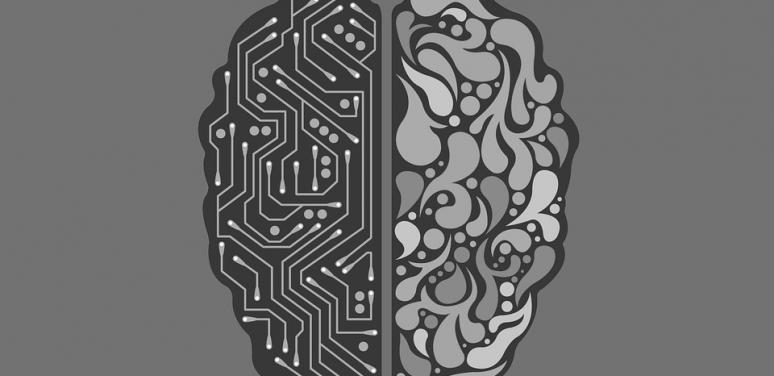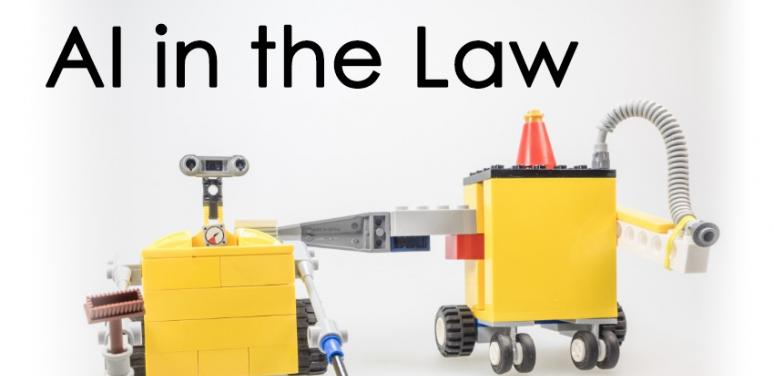
Artificial Intelligence (AI) has been around for many years. However, the release of ChatGPT on November 30, 2022, brought the power of AI to the masses in the form of a large language model (LLM). Despite the legal profession having the reputation of being slow to adopt technology, a few eager attorneys took advantage of the new tools and found out to their detriment that LLMs are not the most reliable sidekick.
Since the end of 2022, there has been a firestorm of product releases that promise to solve our problems if only we rely on their AI. Even Microsoft is in on the act and has introduced AI features in several of their products. However, all of these tools come at a cost.
Did you notice the picture above depicting the scales of justice? It's a striking image, but there is something not quite right about it. This graphic was created by artificial intelligence and illustrates that as good as these tools are, they are not perfect. So, we must be cautious and aware of their weaknesses when choosing to use them.
So, how can a legal aid organization sort through the sales pitches and determine whether use of AI tools is something to consider? Here at LSNTAP, we hope to provide those resources and this is stage one: a quick introduction to AI.
Available resources:
- Getting Started with AI You've seen the hype and want to dip your toes into the world of AI. This webinar was our first session in our AI for Legal Aid Series. We discussed how to get started using AI tools like ChatGPT.
- Ethics of AI This webinar continued our AI for Legal Aid Series with a discussion on the ethics of AI for legal professionals.
- Guidelines for AI Usage: use our model guideline linked on this page when crafting an AI usage guide for your organization. Our model guidelines are meant to be used in conjunction with a strong technology usage policy.
- Ethics of AI 2 Continuing our AI for Legal Aid series, this session delves further into the ethical implications of AI and how legal aid organizations can develop responsible use guidelines and best practices.



